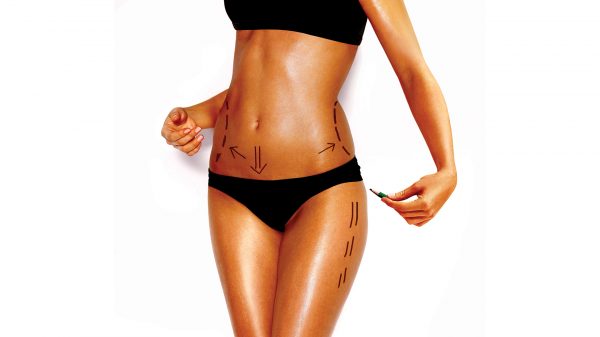Living a balanced, healthier life isn’t as difficult as it might seem. While the idea of “wellness” might feel like a buzzword that covers too much ground, the reality is that there are clear and simple steps anyone can take to achieve a better quality of life. Whether it’s through better nutrition, exercise, or even mental health practices, small changes can add up over time. What’s more, there are tools and practices available to help make the process even smoother. Below, we’ll explore some of the most effective tips and tools to help you take control of your health and wellbeing.
The Importance of Mindful Eating
Mindful eating is one of the most accessible and powerful tools for improving health. It’s about being aware of what and how you eat, paying attention to your hunger and fullness cues, and savouring your meals. Many people eat out of habit, stress, or boredom, rather than genuine hunger. This often leads to overeating, which can contribute to weight gain, digestive issues, and even emotional struggles.
Mindful eating encourages a deeper connection with food. Studies have shown that it can help with weight management and improve overall satisfaction with meals. For instance, a study published in the journal Appetite found that people who practised mindful eating were less likely to overeat and more likely to enjoy their food fully.
Practising mindful eating can be as simple as slowing down during meals, chewing your food thoroughly, and taking breaks between bites. Avoid distractions like TV or phones during mealtime to focus solely on the experience of eating.
Incorporating Movement into Daily Life
Staying active is essential for a healthy life, but the key is consistency rather than intensity. It’s not about gruelling gym sessions or running marathons (unless that’s your thing); instead, it’s about finding enjoyable ways to keep your body moving each day. Whether it’s a brisk walk, a yoga session, or even gardening, these activities help maintain mobility, improve cardiovascular health, and boost mental wellbeing.
According to the NHS, adults should aim for at least 150 minutes of moderate-intensity aerobic activity every week. However, many people struggle to meet this goal because of time constraints or a lack of motivation. The good news is that breaking down this target into manageable chunks—like 10-15 minute walks after meals or a short workout before work—can make it much more achievable.
Additionally, using apps or wearable technology like fitness trackers can help you stay on track by monitoring your progress and encouraging daily movement. These small habits, when maintained consistently, can contribute to long-term health benefits.
Quit Smoking
For many people, quitting smoking is a crucial step towards better health. While nicotine addiction can be hard to break, vaping has emerged as a helpful alternative for those looking to cut down or quit smoking altogether. Public health bodies have consistently endorsed vaping as significantly less harmful than smoking, with evidence suggesting it can help smokers reduce their tobacco use or quit entirely.
If you’re considering transitioning from traditional cigarettes, it’s worth visiting a trusted vape shop where you can explore the range of products available. Vapes come in various forms, from simple starter kits to more advanced devices, allowing users to control their nicotine intake and gradually wean off it. Unlike cigarettes, vapes don’t produce tar or carbon monoxide, the two most harmful components of tobacco smoke.
To get started, it’s a good idea to shop vapes at Totally Wicked, where you can find a wide selection of devices and e-liquids tailored to your needs. Whether you’re looking for a basic e-cigarette or a more customisable option, the support and guidance available at a quality retailer can make the switch easier and more effective.
Managing Stress and Building Resilience
In modern life, stress is a common challenge that can have far-reaching impacts on both physical and mental health. Chronic stress is linked to conditions like heart disease, obesity, depression, and anxiety. Learning how to manage stress effectively is, therefore, a crucial element of living a healthier life.
One of the best ways to combat stress is by practising mindfulness and meditation. Studies have shown that regular mindfulness meditation can reduce symptoms of anxiety and depression, improve sleep quality, and even lower blood pressure.
In addition to mindfulness, building resilience—your ability to bounce back from challenges—is equally important. Resilience isn’t something you’re born with, but something you can develop over time through positive habits like regular physical activity, staying connected with loved ones, and maintaining a sense of purpose in your life.
Another effective stress management technique is to incorporate relaxation methods into your daily routine. These can include deep breathing exercises, progressive muscle relaxation, or even spending time in nature. The key is to find what works for you and make it a consistent part of your self-care regimen.


































































